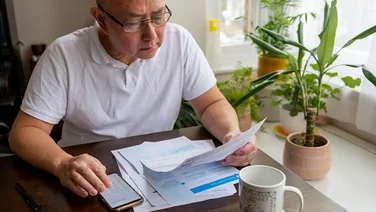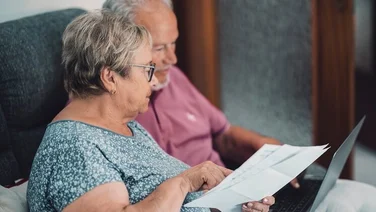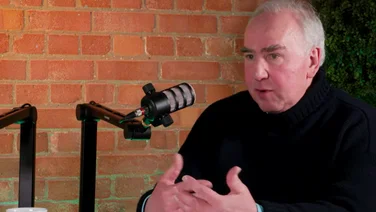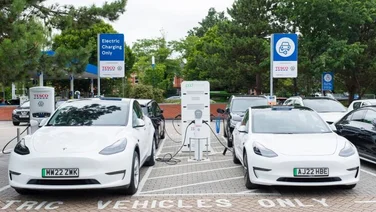We receive a small fee from trusted installers when you request a quote through our site. This helps us keep our content independent, well-researched and up to date – Learn more
- The commission was launched on 16 August by UK energy representatives
- It intends to gather evidence of a crisis and publish it’s findings in the autumn
- The group will work with the aim of helping decarbonise the grid by 2030

Energy bills are 15% higher than they were before the cost of living crisis
A new initiative has been launched to review the impact of the nation’s energy crisis on households and businesses, with a view to making the UK less dependent on imported fossil fuels.
Launched on 16 August, the Energy Crisis Commission includes representatives from Energy UK, CBI, Citizens Advice and National Energy Action and University College London (UCL).
They will recommend ways to make the country resilient against future energy crises and publish its findings in the Autumn.
Chairman of Energy UK and chair of the new commission David Laws said it was important to reflect on the current energy crisis and look to “mitigate the impacts of any future crises to ensure we are more resilient.”
“The energy crisis has been hard on households and businesses alike,” Laws stated.
Louise Hellem, chief economist, the Confederation of British Industry (CBI), who will be on the commission, said that recent energy price volatility had led to “impossible choices for many families” and made it harder for businesses in many sectors to invest.
“Assessing how policies can better protect households and businesses alike is important to bolster future energy resilience – an objective that business and government must work together to achieve,” Hellem said.
“This should include prioritising catalytic green investment to build long-term energy security, improve home energy efficiency and accelerate the UK’s pathway to net zero.”
Fellow commissioner Gillian Cooper, director of energy, Citizens Advice, said that consumers had “paid the price for energy supplier failures” and that the market downturn had tipped “millions of people across the country into hardship”.
Cooper pledged the commission would work to make the energy market “resilient, affordable and low carbon”.
Matt Copeland, Head of Policy and Public Affairs at NEA, speaking on behalf the NEA’s chief executive Adam Scorer said energy prices had “driven millions more into fuel poverty” and that bills were likely to remain 50% higher than pre-covid levels until at least 2030.
“This is completely unaffordable for millions of fuel poor households,” Copeland said.
“This commission aims to learn the lessons from the peak of the energy crisis and ensure that low-income and vulnerable households are never exposed to the debt and despair of such high prices again.”
Dhara Vyas, commissioner and deputy chief executive, Energy UK, said that energy debt will continue to rise beyond record levels without “reform” and “targeted support for vulnerable customers”.
Jim Watson, commissioner and professor, Energy Policy at UCL, said the transition away from fossil fuels will not be smooth, and needs to include strategies to respond to the highs and lows of fossil fuel markets.”
“While energy bills have now started to fall, it is essential that we learn lessons from the global energy price crisis.
“This is not the first time sharp increases in fossil fuel prices have had such widespread effects on households, businesses and entire economies – and it is unlikely to be the last.”
This launch of the commission comes as news that the new UK Government will host an ‘International Summit on the Future of Energy Security’ in early 2025 in wake of its ambitious target to decarbonise the UK’s power grid by 2030.







